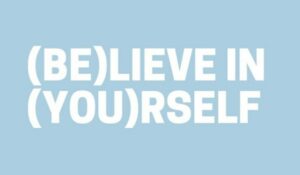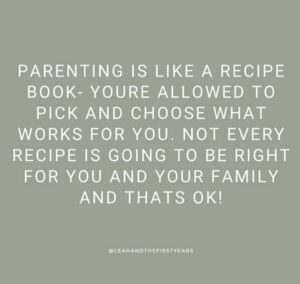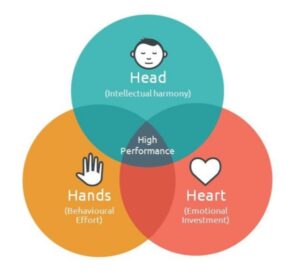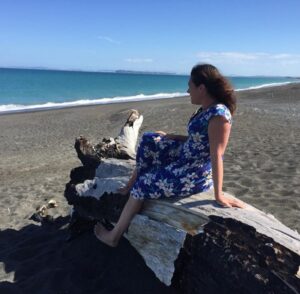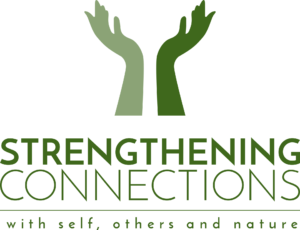Perhaps the 2 most common worries I hear from parents and teachers are “am I doing ok?” and “is my child developing ‘normally’?
It is so hard to hear parents and teachers doubt themselves and their practice like this. Sadly, it happens too often.
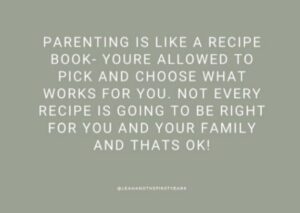
Self doubt is detrimental. It is detrimental to our own wellbeing and it is also detrimental to those who are looking up to and learning from us, our children.
I am not here to tell you what or how, my blog space is purely to support, reassure, motivate and inspire, without judgement. Ultimately, I encourage you to take care of yourself, connect with nature and teach from the heart.
Lets address these two common questions…
AM I DOING OK AS A PARENT/TEACHER?
This is a reflection of where your head is at. Self belief, self worth, self love. You are doubting because you don’t believe. Let’s talk about that…
#1. Put yourself first
Quality teaching and parenting starts with self. To be the best teacher and/or parent, we need to be our best self. Self belief, self worth, self love. See How do we develop self love and self worth?
When we believe in our self, our worth and strength is reflected in our interactions, our belief systems and our actions.
The mere fact that you are questioning your ability is a sign of deeper thinking and reflection.
I have written before about how ‘we teach who we are’ … see What makes a great teacher and/or parent
Put time and effort into YOU. To become the best version of yourself. In doing so, you radiate and reflect this, which then teaches quality values and inner peace to our young ones.
#2 Know your Values
As part of our self love, worth and belief journey, knowing our values is key. What is important to you?
What do you value and what does this look like?
What do you want for your child/ren?
These values will shape your parenting. They will influence your actions and interactions. This is when we connect Head, Heart and Hands. We feel, we believe, we do. It is not up to anyone to tell you what to value, how to parent or what your child needs. Your family values are going to be different to the next. What is important to you and your family? Take some time to reflect on this, perhaps write your values as a family.
As teachers, we often talk about teaching from the heart.
This reflects the importance of not only being kind to ourselves, but also being kind in our thoughts, interactions and actions.
As teachers, we develop our personal and centre philosophies. These values shape our practice.
In my teaching, I value connection with self, others and nature, through a lense of empowerment. So all my actions reflect this… how I teach, how I communicate and the experiences/environment I provide.
What are your family values?
What do you want for your child/ren?
What does this look like in practice?
#3 Action
When we believe in ourselves and know our values, then we can BE in our parenting and teaching. This is when we connect our Head, Heart and Hands.
Do we want our children to be independent and capable individuals?
Encourage them to do things for themselves. Encourage thinking and problem solving, allowing them the time and space to work things out for themselves. – see Empowering our Young Children
IS MY CHILD DEVELOPING ‘NORMALLY’?
What is ‘normal’? It’s a terrible word…. as is the word ‘just’. Let’s try not use them! Erase then from your vocabulary.
We are all unique. There is noone in the world like you! You are it. This is the same for children too. There is no one like them, with their family, background, values and experiences… They will develop at their own pace, individually.
There are recommended ‘windows’ put out for development but remember, we all come from different places, different situations, different background, siblings, values, beliefs, home life and experiences. So naturally we develop differently. That’s how it is. Not one child is like another. We all have different stories. That’s what makes us who we are! So of course children will hit ‘milestones’ at different times. They WILL hit them!
I personally didn’t talk till well past 2yrs old… I had an older sister who doted on me so much that when I pointed to something, she would tend to my needs. When I did start talking, there was no problem with my language and communication at all.
*Too often I hear people asking how many months old an infant is, to try compare developmental stories (in a centre setting, I believe this information should not be given out freely).
Let’s stop comparing! Dont put that pressure on yourself. We are ALL different. And we all learn, grow and develop at our own pace.
You can always give additional support to your child/ren in areas YOU feel neccessary. But that is up to you, don’t let anyone tell you what your child needs. You research, explore it and do it yourself.
Perhaps you attend professional learning opportunities, read books and talk to people… only take the treasures of learning that resonate with you and your situation. As teachers we also do this. Because what works for one may not for another. Take what you want from these opportunities and leave the rest. The same goes for my blog .. there will be things I write about that will resonate with you and there will be things that may not sit so well…. take only what you want, what you feel is appropriate for your situation, what feels right for you in this moment.
I hope to inspire you to reflect on your parenting and teaching, and support you to be the best you can, for yourself and your children. I share practical strategies to support you, teaching through a lens of empowerment. I share my experience without judgement. My blog is a practical research tool for you, from a passionate and experienced teachers’ perspective.
Ultimately, you know your child best. Listen to your inner voice.
“Let your inner voice be the kindest voice you know “

